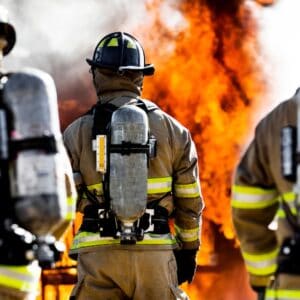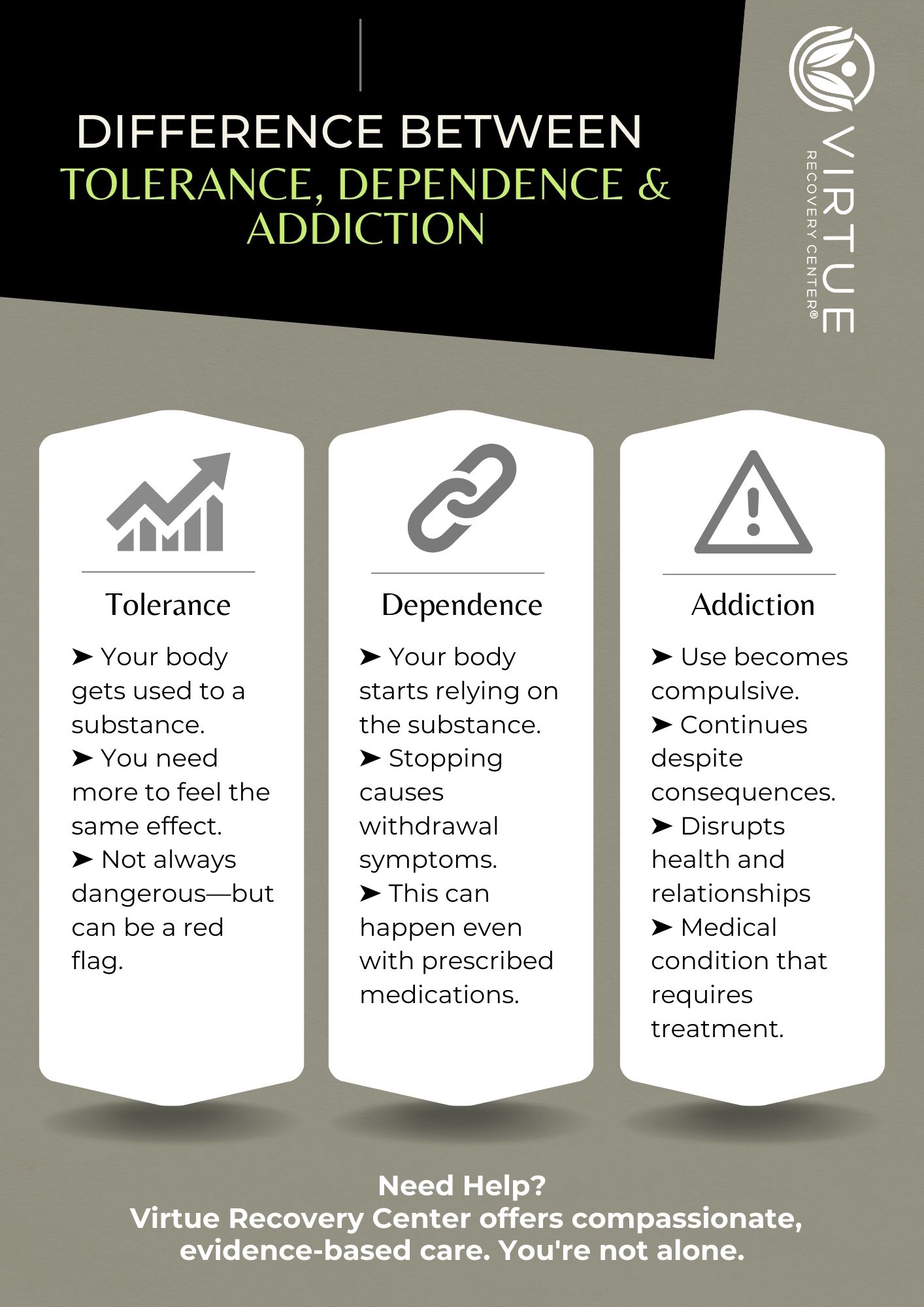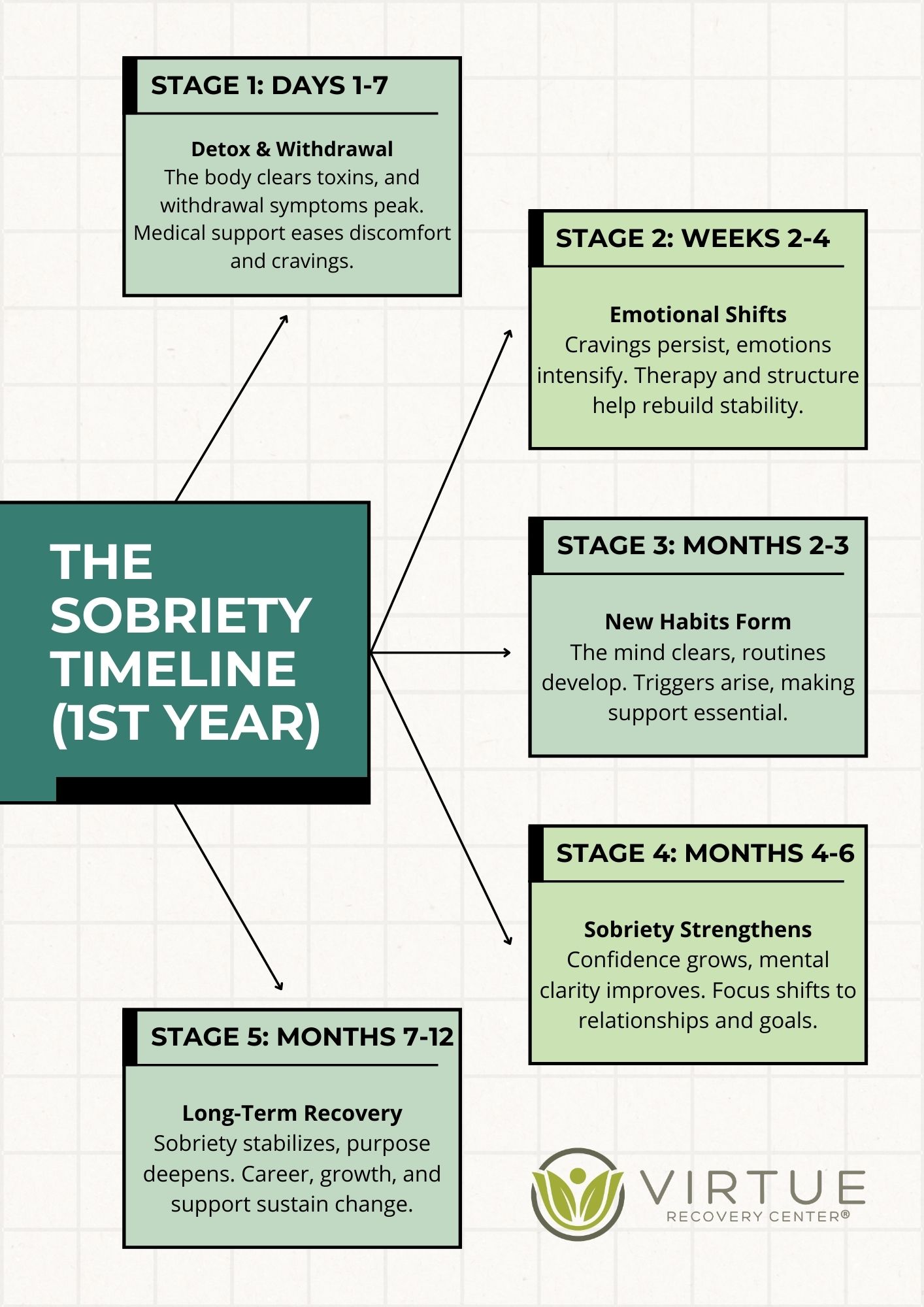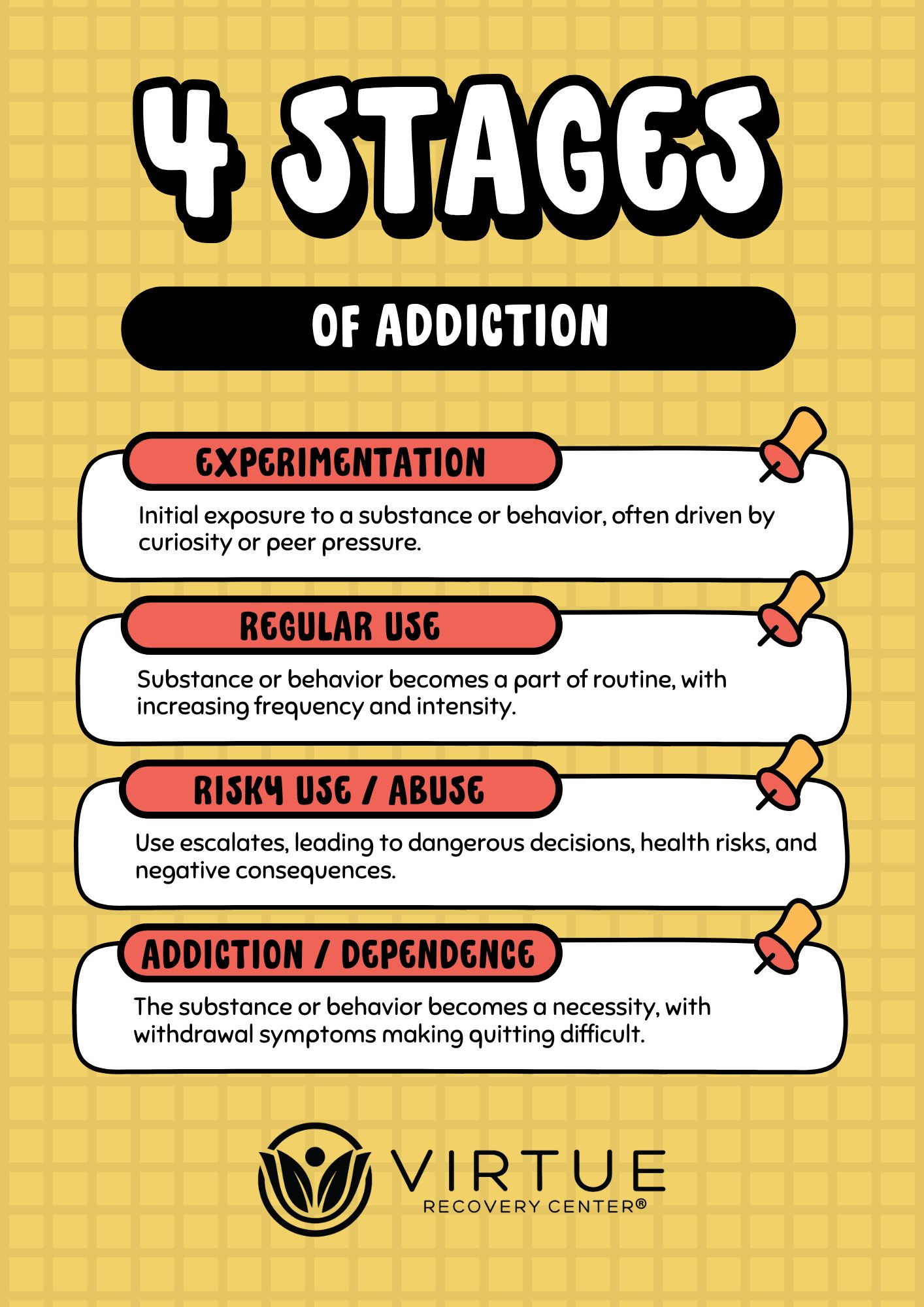For firefighters, the job is incredibly demanding, perilous, and stress-laden. Every emergency response puts you at risk, and over time, this accumulates into mental and physical challenges, potentially leading to substance use disorders (SUDs), co-occurring disorders, and post-traumatic stress disorder (PTSD). When you reach a pivotal moment and seek assistance, it’s crucial to understand your requirements so you can access specialized rehab and treatment options tailored to help you overcome these conditions. You’ve come to the right place, as Beach House offers precisely these types of treatments.
 Misusing substances, be it alcohol, drugs, or a combination of both, is a common but ineffective coping mechanism often adopted to handle life’s challenges. For firefighters, perpetually exposed to danger, substances might become a way to forget the horrors they’ve witnessed, the scenes of devastation, and the aftermath left behind. However, what may start as casual use can quickly escalate to regular and eventually daily consumption. As the negative consequences pile up due to constant substance use, addiction becomes an unavoidable outcome.
Addiction, according to the American Psychiatric Association (APA), “is a complex condition, a brain disease manifested by compulsive substance use despite harmful consequences.” The APA further states that individuals with severe SUDs can become so fixated on alcohol or drugs that it takes over their lives. Despite being aware of the problem, they find it nearly impossible to quit. Their bodies and minds have been rewired, making them unable to resist intense cravings.
Misusing substances, be it alcohol, drugs, or a combination of both, is a common but ineffective coping mechanism often adopted to handle life’s challenges. For firefighters, perpetually exposed to danger, substances might become a way to forget the horrors they’ve witnessed, the scenes of devastation, and the aftermath left behind. However, what may start as casual use can quickly escalate to regular and eventually daily consumption. As the negative consequences pile up due to constant substance use, addiction becomes an unavoidable outcome.
Addiction, according to the American Psychiatric Association (APA), “is a complex condition, a brain disease manifested by compulsive substance use despite harmful consequences.” The APA further states that individuals with severe SUDs can become so fixated on alcohol or drugs that it takes over their lives. Despite being aware of the problem, they find it nearly impossible to quit. Their bodies and minds have been rewired, making them unable to resist intense cravings.
Substance Abuse and Addiction Among Firefighters
 Misusing substances, be it alcohol, drugs, or a combination of both, is a common but ineffective coping mechanism often adopted to handle life’s challenges. For firefighters, perpetually exposed to danger, substances might become a way to forget the horrors they’ve witnessed, the scenes of devastation, and the aftermath left behind. However, what may start as casual use can quickly escalate to regular and eventually daily consumption. As the negative consequences pile up due to constant substance use, addiction becomes an unavoidable outcome.
Addiction, according to the American Psychiatric Association (APA), “is a complex condition, a brain disease manifested by compulsive substance use despite harmful consequences.” The APA further states that individuals with severe SUDs can become so fixated on alcohol or drugs that it takes over their lives. Despite being aware of the problem, they find it nearly impossible to quit. Their bodies and minds have been rewired, making them unable to resist intense cravings.
Misusing substances, be it alcohol, drugs, or a combination of both, is a common but ineffective coping mechanism often adopted to handle life’s challenges. For firefighters, perpetually exposed to danger, substances might become a way to forget the horrors they’ve witnessed, the scenes of devastation, and the aftermath left behind. However, what may start as casual use can quickly escalate to regular and eventually daily consumption. As the negative consequences pile up due to constant substance use, addiction becomes an unavoidable outcome.
Addiction, according to the American Psychiatric Association (APA), “is a complex condition, a brain disease manifested by compulsive substance use despite harmful consequences.” The APA further states that individuals with severe SUDs can become so fixated on alcohol or drugs that it takes over their lives. Despite being aware of the problem, they find it nearly impossible to quit. Their bodies and minds have been rewired, making them unable to resist intense cravings.












